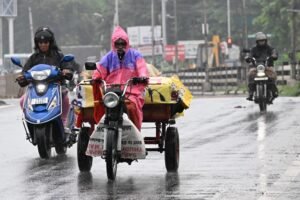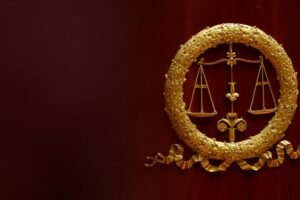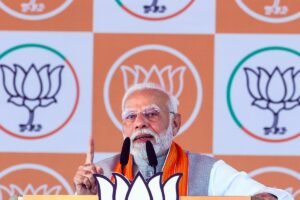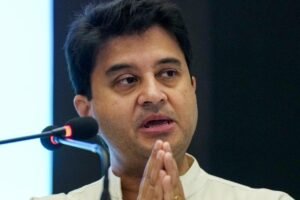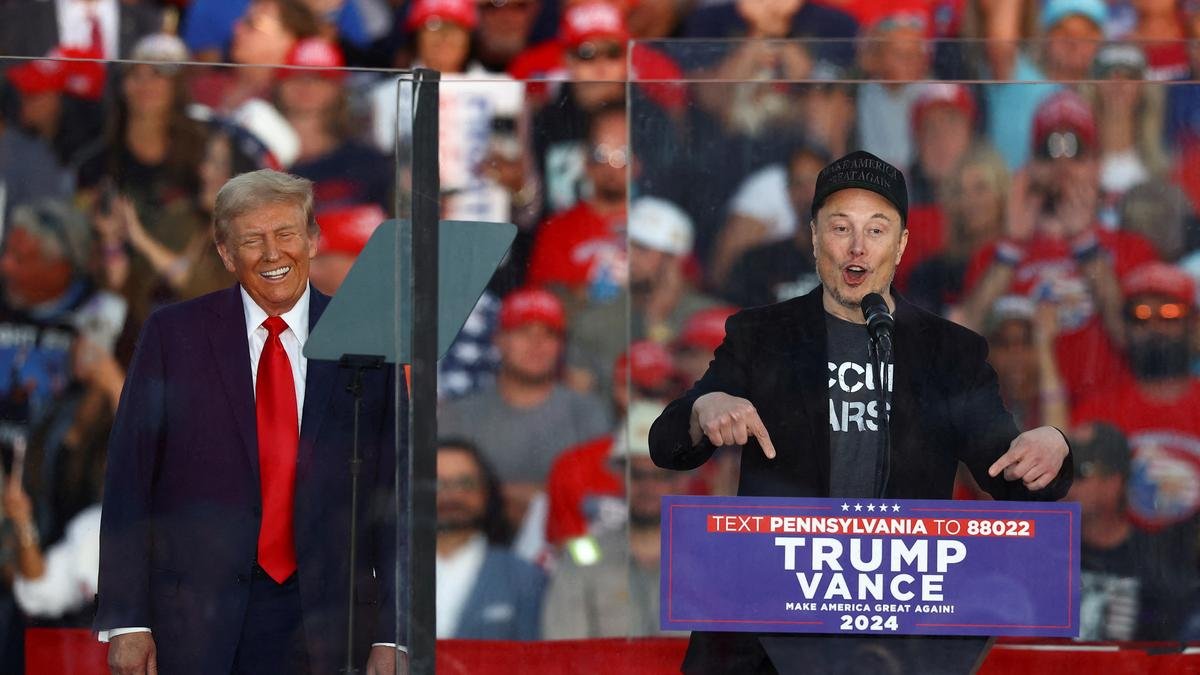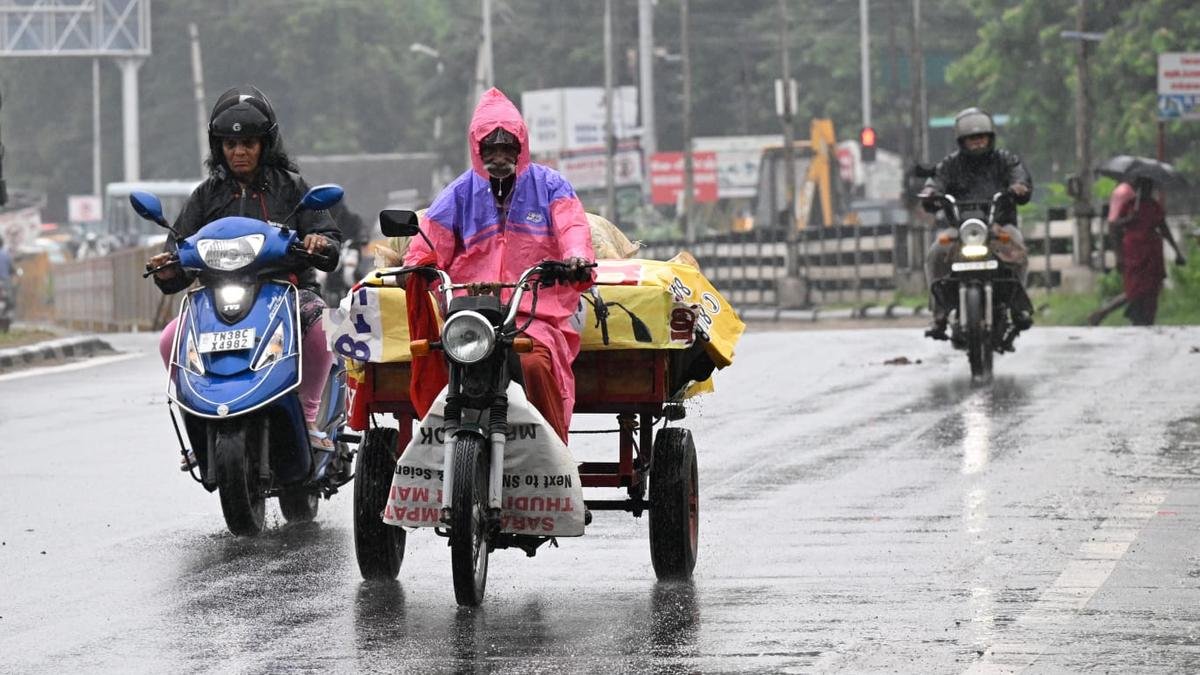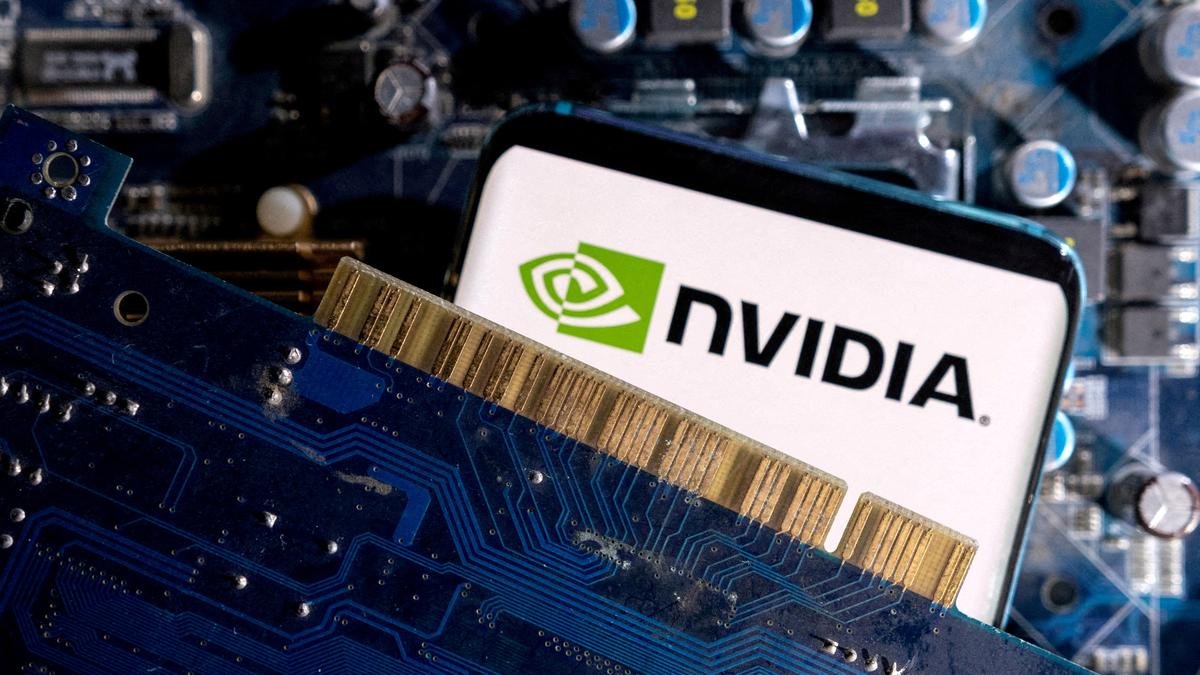Moving to get 26/11 accused Tahawwur Rana extradited before year-end, India holds talks with US officials
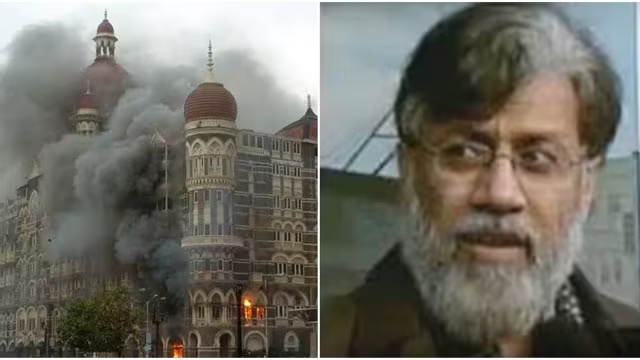
Tahawwur Rana has a 45-day period to challenge the extradition decision before the highest court. If he opts to do so, the extradition process could be extended for an additional 45 days, pending the Supreme Court’s consideration of his final appeal.
The Indian government has reportedly initiated preparations for the potential extradition of Tahawwur Rana, a Canadian-Pakistani individual involved in the 26/11 Mumbai terror attacks, indicating that his handover by the United States could soon become a reality. Sources suggest that Rana may be extradited as early as the latter part of December, as per information obtained by The Indian Express.
Officials from Central investigative agencies and legal departments of both nations reportedly convened at the US Embassy in Delhi to discuss the extradition of Rana. The meeting, spanning about three hours, centered on the preparations required by the Indian government for the extradition process and the subsequent jail arrangements for Rana upon his arrival.
The gathering comes after the United States Court of Appeals for the Ninth Circuit turned down Rana’s appeal for a rehearing in his extradition case on September 23. Merely a month ago, on August 15, the Ninth Circuit Court of Appeals in California upheld the District Court’s rejection of Rana’s habeas corpus plea. The court stated that India presented ample credible evidence to back the magistrate judge’s determination of probable cause regarding Rana’s alleged offenses.
Rana now has a 45-day opportunity to file an appeal against the extradition decision before the highest court. Subsequently, the extradition could be postponed for an additional 45 days, pending the Supreme Court’s consideration of his final appeal attempt.
The rarity of this situation was emphasized by the source, who pointed out that the Supreme Court, as per information available on the US government’s courts website, selects only 100-150 cases out of over 7,000 requests for review annually, translating to a mere 2 percent acceptance rate.
The US Embassy spokesperson, in response to a query from The Indian Express regarding the status of Rana’s extradition, stated that the extradition of Tahawwur Rana is progressing through the appropriate legal channels under the extradition treaty between the United States and India. Given that the matter is still under consideration by US courts, no comments can be made on the current legal proceedings.
Rana, aged 63, shared a childhood bond with David Headley. Headley, an American national with roots from both America and Pakistan, got apprehended by US officials in October 2009. He was subsequently handed a 35-year prison term for his role in the…
Rana, who was educated at Hasan Abdal Cadet School in Pakistan, the same institution attended by Headley for a period of five years, transitioned from a medical career in the Pakistan Army to settling in Canada, where he obtained Canadian citizenship. Subsequently, he founded a consultancy agency named First World Immigration Services in Chicago. Branching out to Mumbai, this firm inadvertently facilitated Headley in discreetly pinpointing and monitoring possible locations of interest for the Pakistani extremist organization Lashkar-e-Taiba (LeT).
During the harrowing events of the 26/11 attacks on November 26, 2008, Mumbai was infiltrated by 10 LeT terrorists, unleashing terror upon the city for an agonizing three-day period. The brutal assault resulted in the tragic loss of 166 individuals, among them six American citizens. Investigations revealed that the perpetrators, all Pakistani nationals, had surreptitiously entered India by sea.
US law enforcement apprehended Rana shortly after Headley’s arrest at O’Hare airport in Chicago in October 2009. In 2011, he was found guilty in Chicago for aiding the LeT in the India assault and backing the unrealized scheme to target the Danish newspaper Jyllands-Posten, which had published cartoons of the Prophet in 2005. Nonetheless, Rana was acquitted by US jurors of the graver accusation of aiding the Mumbai assaults.
Several years ago, Headley informed prosecutors that during a visit to Chicago in July 2006, he met with Rana to discuss the mission assigned to him by the LeT. Rana supported Headley’s proposal to set up a First World Immigration Services center in Mumbai and assisted him in securing a five-year business visa. Fast forward to February 2016, when Headley testified via video link at the Bombay City Civil and Sessions Court, revealing that he had disclosed his actions to Rana just a few months prior to the tragic attacks in November 2008.
Nine individuals, including Rana, were charged by the NIA in 2011 for orchestrating the attack. Subsequently, in 2014, a Delhi Sessions Court issued new non-bailable warrants for the individuals labeled as fugitives by the NIA.



 English
English Hindi
Hindi Kannada
Kannada Malayalam
Malayalam Tamil
Tamil Telugu
Telugu
